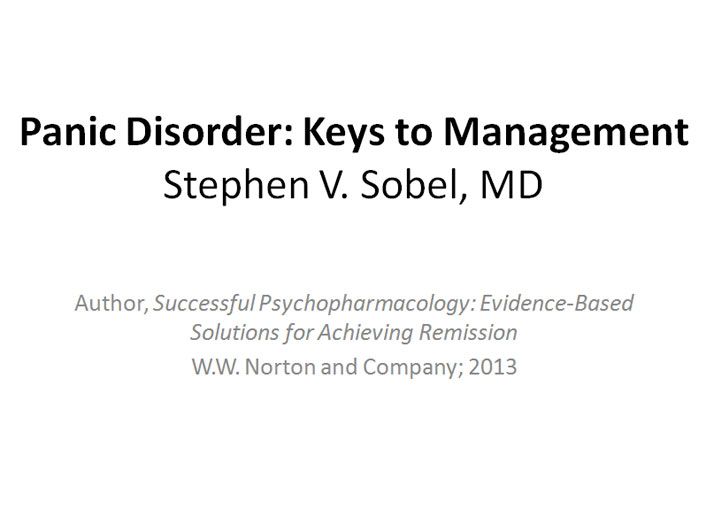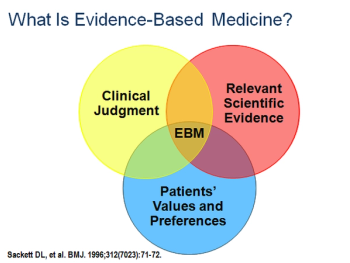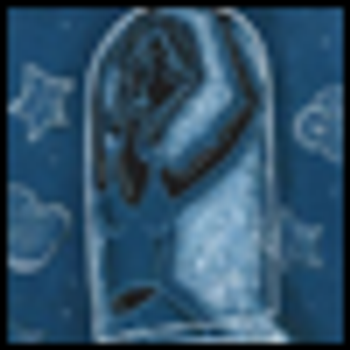
Some attorneys have argued that SSRIs cause serious adverse events, capable of compelling defendants to engage in strikingly complex criminal behavior. On close examination, however, these phenomena may be clearly distinguished from criminal behavior.











